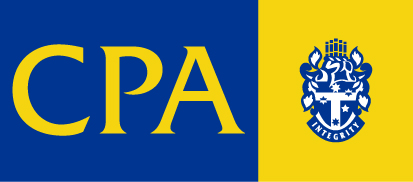More High-Risk Industries Could Fall Under TPAR Regime
Jotham Lian
This post originally appeared on accountsdaily and has been republished with their permission.
Emerging high-risk industries could yet be added to the taxable payments reporting system regime, says the Tax Office.
Taxable payments annual reports (TPAR) currently apply to businesses providing building and construction services, cleaning services and courier services.
The regime was also recently extended to the road freight, security, investigation, surveillance and information technology (IT) industries, with the first TPAR due by 28 August 2020.
Speaking on an ATO webcast, assistant commissioner Peter Holt said that while no other industries have been currently earmarked to come under the regime, emerging high-risk behaviours in certain industries could trigger inclusion.
“Beyond [the current industries], there’s no suggestion we need to go further, but if we start to identify the emergence of new high-risk industries, we might make a suggestion to Treasury and then to government,” Mr Holt said.
“We may want to consider whether we want to increase visibility of those contractor payments, which we would do through the taxable payment reporting system, but at this point in time there’s no plan to go beyond the industries that have been identified.”
TPRS has been widely considered a success by the ATO, with an additional $2.7 billion in income tax and GST liabilities voluntarily reported by businesses in 2015-16.
“It is about increased visibility of contractor payments, and so just by introducing the reporting regime itself, it brought a lot of people into the system because they knew there was going to be the A and B,” Mr Holt said.
“You’re reporting that you’re contracting, so therefore the contractors and contractees then entered the system and we’re compliant, but the other side of that is where we see a mismatch between what is actually reported and should have been reported.
“Again, we can follow up on that and ask, what’s gone wrong? Can we offer assistance or are you intentionally staying outside the system, because we’ve now got visibility of you. It is about tailoring our response based on the person’s particular circumstances and why they weren’t reporting or why the reporting isn’t quite correct.”
If you have any further questions about financial planning or require any other accounting advice, please contact us here.





